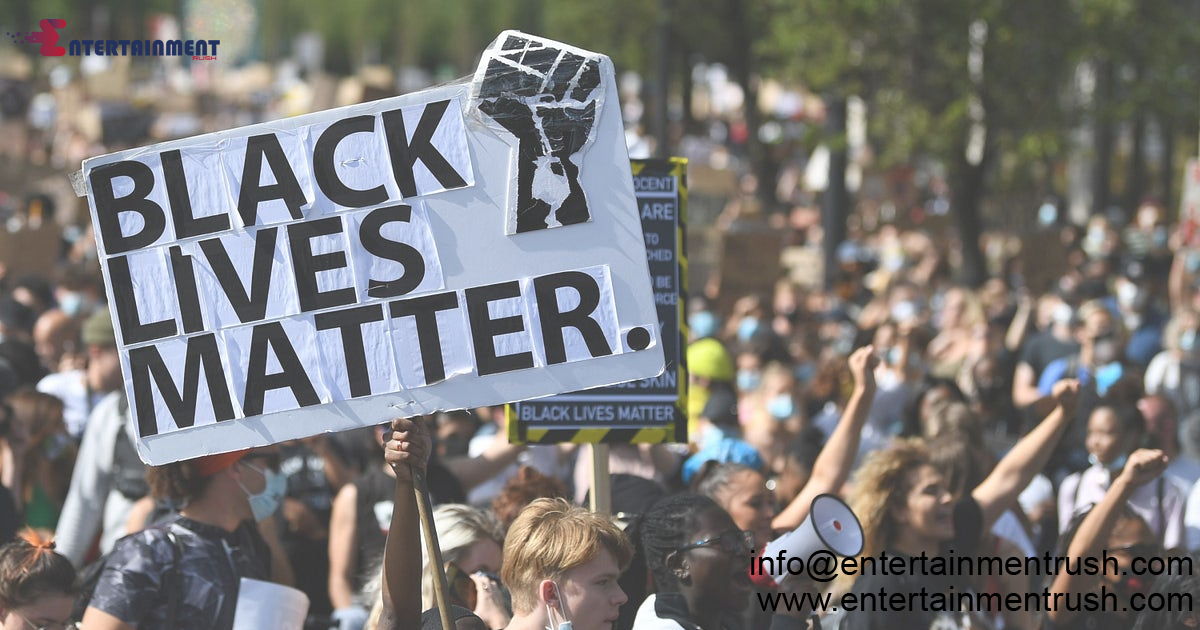One of the earliest and most iconic social movements in American history was the Boston Tea Party of 1773. This act of protest against British taxation without representation catalyzed the American Revolution and laid the groundwork for the birth of a new nation founded on principles of self-governance and individual liberty. The Tea Party represents a potent example of grassroots activism sparking transformative political change, setting a precedent for future movements to challenge authority and demand accountability.
Quest for Civil Rights and Social Justice: Abolitionism and Suffragism
Throughout the 19th and early 20th centuries, the United States witnessed a wave of social movements driven by the quest for civil rights and social justice. The abolitionist movement, led by figures such as Frederick Douglass and Harriet Tubman, sought to eradicate the institution of slavery and promote racial equality. Their courageous efforts helped pave the way for the eventual abolition of slavery and laid the foundation for the broader civil rights movements to come. the suffragist movement, spearheaded by trailblazers like Susan B. Anthony and Elizabeth Cady Stanton, fought tirelessly for women’s right to vote. After decades of advocacy and activism, the passage of the 19th Amendment in 1920 marked a historic victory for gender equality and expanded democratic participation in the United States.
The Civil Rights Movement: A Transformative Era
The Civil Rights Movement of the mid-20th century stands as a watershed moment in American history, marked by the tireless efforts of leaders like Martin Luther King Jr., Rosa Parks, and Malcolm X. This movement sought to dismantle institutionalized racism and secure equal rights for African Americans, leading to landmark legislation such as the Civil Rights Act of 1964 and the Voting Rights Act of 1965. The Civil Rights Movement not only transformed laws but also ignited a broader social awakening that reverberated across the nation, inspiring subsequent generations of activists and advocates.
Expanding Boundaries: LGBTQ+ Rights, Environmentalism, and Anti-War Movements
In more recent decades, social movements such as the LGBTQ+ rights movement, the environmental movement, and the anti-war movement have further expanded the boundaries of American democracy and challenged prevailing norms. The LGBTQ+ rights movement, epitomized by the Stonewall riots of 1969 and subsequent advocacy efforts, has secured significant gains in marriage equality and anti-discrimination protections, advancing the cause of LGBTQ+ rights and visibility in American society. The environmental movement, galvanized by events like the first Earth Day in 1970, has raised awareness about ecological sustainability and spurred legislative action to mitigate climate change. Grassroots activism and advocacy have led to landmark environmental laws and regulations aimed at preserving natural resources and protecting the planet for future generations.
The Black Lives Matter Movement: A Call for Racial Justice and Police Reform
In the 21st century, the Black Lives Matter (BLM) movement has emerged as a powerful force for racial justice and police reform. Born out of outrage over police violence against Black Americans, particularly following the deaths of Trayvon Martin, Michael Brown, and George Floyd, BLM has mobilized millions of Americans in protests, advocacy campaigns, and calls for systemic change. This movement has elevated conversations about racial inequality, police accountability, and the enduring legacy of systemic racism in the United States, prompting a national reckoning with issues of race and justice.
Reflections on Social Movements: Grassroots Activism and Institutional Responses
The history of social movements in US politics underscores the resilience of grassroots activism in driving progressive change and holding institutions accountable to the ideals of democracy and equality. These movements have challenged entrenched power structures, expanded civil rights, and reshaped public discourse on critical issues. However, they have also faced resistance, repression, and setbacks along the way, underscoring the ongoing struggle for social justice and the need for sustained collective action.
Tracing the history of social movements in US politics reveals a dynamic interplay between grassroots activism and institutional responses. While social movements have often operated outside conventional political channels, their impact on legislative agendas, public opinion, and cultural norms has been profound. As we reflect on this history, we are reminded of the enduring power of ordinary citizens to effect change and the imperative of fostering inclusive and participatory democracy in the pursuit of a more just and equitable society. the legacy of social movements in US politics is a testament to the enduring spirit of activism and advocacy that continues to shape the nation’s trajectory. From the Boston Tea Party to Black Lives Matter, each movement represents a chapter in the ongoing struggle for justice, equality, and democracy in the United States. As we look to the future, we must draw inspiration from the past and commit ourselves to advancing the principles of social justice and human rights through collective action and civic engagement.




Leave feedback about this